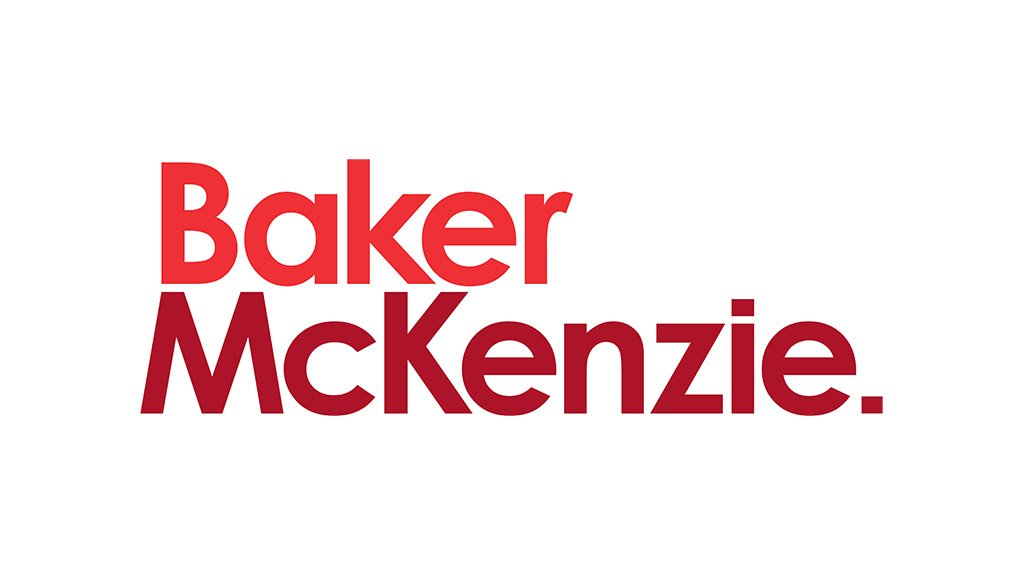As the year kicks into full swing and employees begin to dream of their summer vacations, employers know that managing annual leave is a business imperative. Various studies have shown that taking time off from work is essential for managing stress, improving wellbeing, and increasing workplace productivity. In addition to the positive impact on staff and the business, managing annual leave is also essential for financial hygiene.
Allowing staff to accumulate annual leave by not taking it regularly not only deprives the employees and the business of the benefit of rested, rejuvenated and productive employees but also creates a financial liability. At termination of employment (for any reason), employees are entitled to payment of their statutory annual leave not taken during the current annual leave cycle. They are also entitled to be paid for annual leave carried over into the next annual leave cycle if their employment terminates during the first six months of that following annual leave cycle. In some instances, employment contracts or annual leave policies even entitle employees to payment of non-statutory accumulated leave (leave granted in excess of the 21 calendar days of statutory annual leave). This leave liability can run into significant sums that sit on a balance sheet as a business liability, and most employers ensure their leave policies do not require them to pay staff for non-statutory annual leave not taken by the time of termination of employment.
The best practice is for businesses to actively manage their staff’s annual leave. Teams should plan annual leave to be taken during the year and align on who takes leave at which stage to ensure the needs of the business are met. Where annual leave is not actively managed, one typical outcome is that a large group of employees belatedly seek to take annual leave at the same time (generally at the end of the year). Employers need not grant annual leave merely because the employee seeks to take annual leave at a specific period; the law proposes that parties agree to the time during which annual leave may be taken, and absent such agreement, the employer may dictate when employees may take annual leave.
Directing staff when to take leave or declining annual leave requests en masse is hardly likely to create a stimulating and conducive employee relations climate, so taking steps to manage this throughout the year is certainly best. The law does not envisage that staff will not take statutory annual leave during the annual leave cycle, save for the exception created that allows such statutory annual leave to be taken during the following six months at the end of the current annual leave cycle. The statute does not make provision for such annual leave to be forfeited or carried over (for longer than six months), so the employer has to ensure that employees take at least 21 calendar days of statutory annual leave every annual leave cycle (or within the following six months). The employer may not pay the employee instead of taking such statutory annual leave; payment of untaken statutory annual leave is only permitted at termination of employment, with the understanding that all annual leave older than 18 months would have been taken.
Employers may not force or allow staff to take annual leave during their notice period. But employers seeking to reduce the quantum of any annual leave payment to employees could require staff to take all their statutory annual leave prior to the commencement of the employee’s notice period. As the employer may unilaterally determine when employees may take their annual leave, such a policy is enforceable. In practice, employees will hardly ever give more notice than required by law or contract. An employee resigning (or terminated by the employer) will thus be able to demand payment of annual leave accrued during the current annual leave cycle (or transferred to the next ALC if the termination is within the first six months of the new ALC), which the employee had not yet taken as of the start of their notice period. The employee can refuse to take or be placed on annual leave during their notice period.
Taking leave, and ensuring that your staff take their leave whether they want to or not, should be a critical people practice in any world-class organisation. Such a practice is essential to creating a culture of where employees are able to thrive and perform at their best.
Written by Johan Botes, Partner, Head of Employment, Baker McKenzie, Johannesburg
EMAIL THIS ARTICLE SAVE THIS ARTICLE ARTICLE ENQUIRY
To subscribe email subscriptions@creamermedia.co.za or click here
To advertise email advertising@creamermedia.co.za or click here











